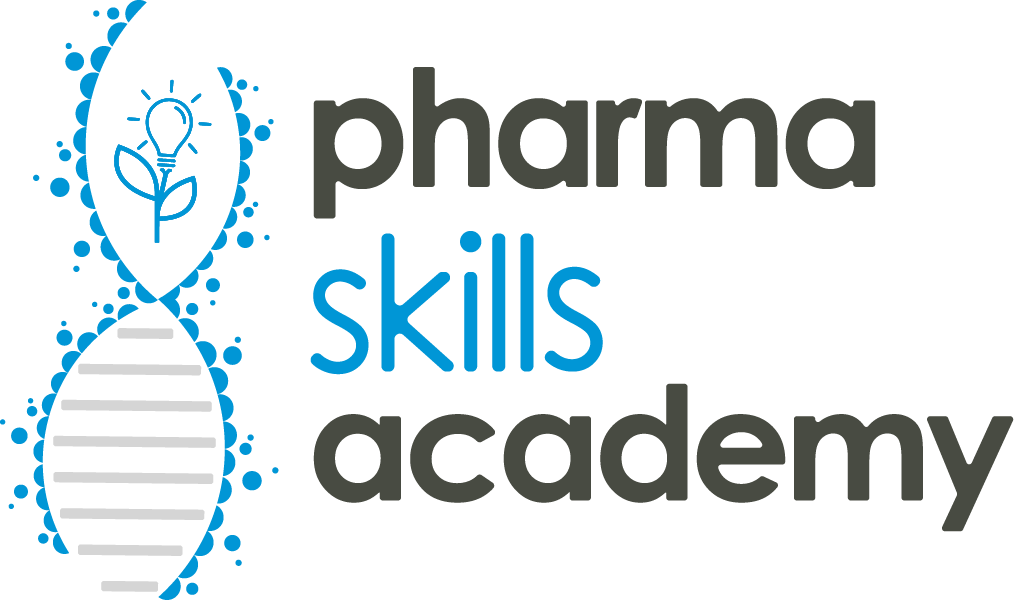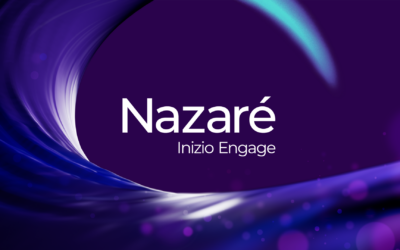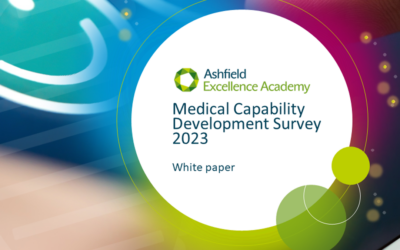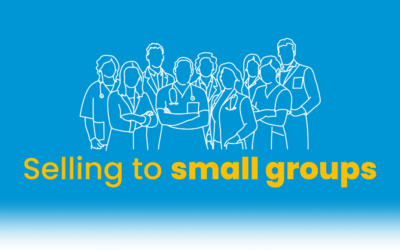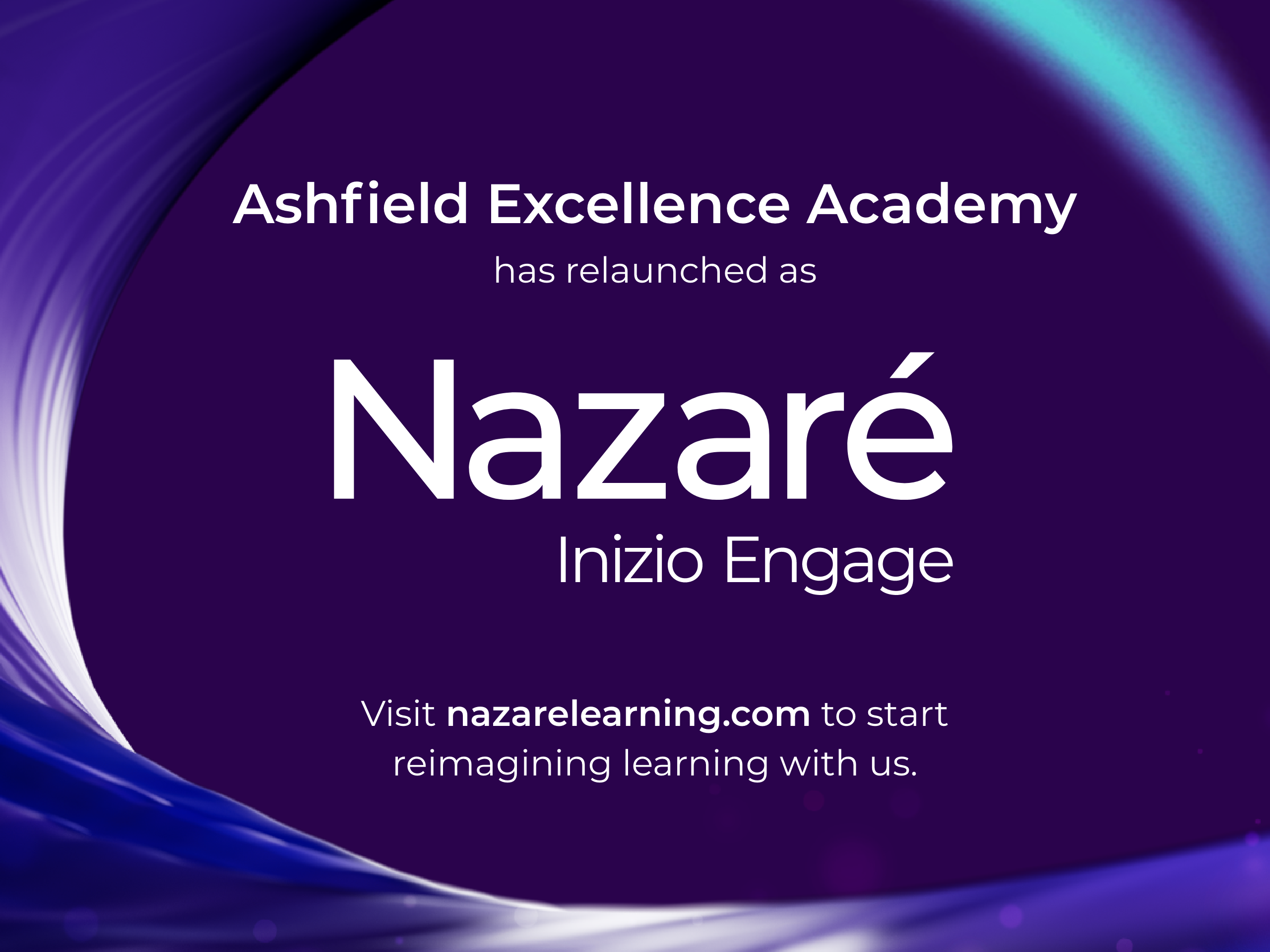
International MSL day, 27 March 2023
The importance of MSL capabilities and skills

What has been the biggest change to the MSL role over the last few years?
There have been so many! The most obvious change across all companies is the increased requirement for virtual and digital communication with external scientific leaders. In many organisations, where local regulations allow, there has been a shift from the role being 100% reactive to some level of proactivity, and MSLs in many organisations are now required to engage with a broader external stakeholder base, with non-clinical stakeholders, payers and patient groups becoming prominent.
This more diverse landscape has required MSLs to have more varied engagements that go beyond just scientific exchange focused on products to include the whole patient journey.

How have these things impacted the skills required?
The MSLs’ core responsibilities have expanded – however, engaging with scientific experts remains at the core, so skills development in communication, relationship management, engagement and insight capture have been priorities across the industry. MSLs have had to build their digital capabilities quickly to maintain HCP engagement.
In many cases, MSLs are working in increasingly complex and specialised disease areas and often across multiple therapies and indications, all with rapidly evolving scientific data.
Agility has become a key capability to allow MSLs the flexibility to adapt to all of these changes.

How do you see the MSL role evolve over the next 3 years? What will the expectation be?
In some ways, more skills enhancement will be required in the same areas. With an influx of Gen Z medics entering the workforce, all with a heightened digital capability, means the MSL will need to become even more competent in using all digital platforms for both engagement and information-sharing.
MSLs will be required to engage with a broader external stakeholder base, potentially across more indications. This will require MSLs to have even more varied engagements, demonstrating both clinical and scientific knowledge and the ability to apply that in context to different scenarios.
The MSL role in the past has not required business and tech savviness. A gap in these areas can make individuals reluctant to stray from the pre-existent engagement methods. Agility to flex and adapt will be a critical skill, and I expect the proactivity of the role to continue to evolve at varying paces in different organisations and different countries.

What advice would you give to organisations as they prepare their MSLs for the future?
The move to a more proactive role requires a change in both mindset and skill for MSLs, many of whom are used to working reactively. I recommend putting a robust change management plan in place to ensure field medical teams are enthused and engaged as they make this journey.
The Scientific Engagement Model itself is important, and organisations should review and adapt their model to ensure it is fit for purpose and incorporates the different engagement platforms and digital strategies available. As the MSL role becomes more strategic, there is a requirement for core business skills to be enhanced. This is an area which many MSLs are unfamiliar (unless they have historically worked in a commercial role). Building core capabilities around business planning will become pivotal to drive medical success, and organisations should plan for this. Time management, planning and prioritisation support will help MSLs to manage the increased pressures of an ever-increasing and specialised portfolio.
Finally, one often forgotten piece, which organisations should address as early as possible: the need for improvement across the skills and capabilities of MSLs has implications for the skills required of MSL managers to enable them to support the evolving MSL role. Taking managers on that change journey both from a mindset and a capability perspective is absolutely critical to successfully ensuring MSLs are prepared and ready for the future.
To find out more about how we can develop your MSL and MSL manager capabilities, get in touch with Darren Talbot at darren.talbot@ashfieldhealthcare.com.
INIZIO ENGAGE LAUNCHES NEW GLOBAL POWERHOUSE LEARNING BRAND, NAZARÉ
Nazaré brings together 150+ experts in learning, life sciences, creativity, technology, and behavioral science.
HEALTHCARE TRAINING SURVEY WHITE PAPER NOW AVAILABLE!
Our sixth annual Training Survey white paper is now published. This year’s survey focused on Medical Training and benchmarks and identifies trends in this important role in our industry.
SELLING TO SMALL GROUPS
How do you sell to small groups? Watch the video to see more on the seven Ps of selling to small groups.
